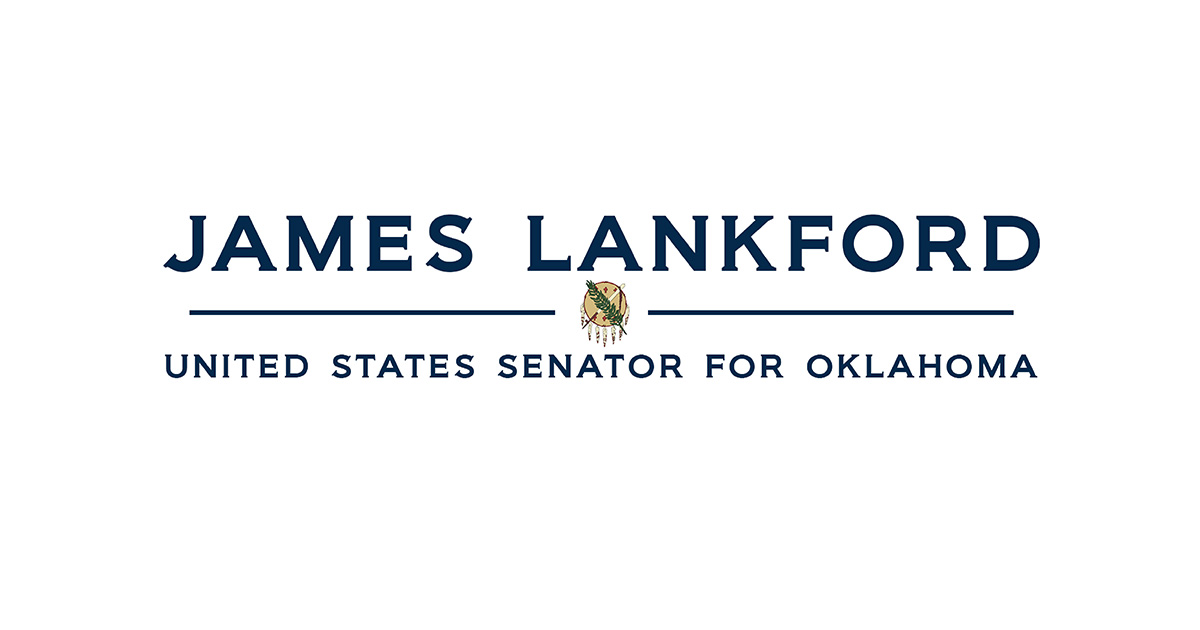Source: United States Senator for Arkansas – John Boozman
WASHINGTON – U.S. Senator John Boozman (R-AR) is applying lessons learned from the pandemic as he leads efforts to modernize existing federal child nutrition programs. The Hunger-Free Summer for Kids Act would increase flexibility for the U.S. Department of Agriculture’s (USDA) Summer Food Service Program, which offers children free lunches and snacks in the summer, allowing more kids in need the ability to participate.
The bill provides states additional options to reach hungry children in communities without a centralized feeding site during the summer, some of which mirror authorities Congress established to help the USDA carry out this mission while students were learning virtually during the COVID-19 pandemic.
“The flexibilities Congress granted during the pandemic offer a good recipe for how to successfully serve more children in need. We want to ensure that all options—from off-site, grab-and-go models, to home delivery, to electronic benefits transfer—remain on the table,” Boozman, lead Republican on the Senate Agriculture Committee, said.
The Hunger-Free Summer for Kids Act proposes two alternative options states can utilize through the program. The first would allow for meals to be consumed off-site through innovative means such as mobile feeding and backpack meal programs. The other option would authorize the summer Electronic Benefit Transfer (EBT) program which would provide eligible families $30 per summer month per child to purchase eligible food items from Supplemental Nutrition Assistance Program approved retailers. In USDA pilot programs, summer EBT was shown to reduce child hunger by more than 30 percent.
This flexibility Congress approved during the pandemic has spurred innovation with public-private partnerships and provided access to nutritious meals for young Arkansans. Boozman’s bill would encourage this productive cooperation to continue.
“Thanks to the Meals to You program that was coordinated by the Baylor Collaborative on Hunger and Poverty, more than 1.1 million meals were delivered directly to the doorstep of almost 9,000 children living in rural Arkansas,” Boozman said during a speech on the Senate floor.
Boozman partnered with Senator Patrick Leahy (D-VT) to introduce the bill that also has the support of Senate Republican Leader Mitch McConnell (R-KY) and Senators Michael Bennet (D-CO), Roy Blunt (R-MO), Sherrod Brown (D-OH), John Cornyn (R-TX), Deb Fischer (R-NE), Chuck Grassley (R-IA), John Hoeven (R-ND), Cindy Hyde-Smith (R-MS), Roger Marshall (R-KS), Jerry Moran (R-KS) and John Thune (R-SD).
The Hunger-Free Summer for Kids Act is backed by leading national advocacy groups including Feeding America, Share Our Strength, Tusk Philanthropies, Bread for the World, MAZON: A Jewish Response to Hunger, the Alliance to End Hunger, Save the Children as well as the Arkansas Hunger Relief Alliance.
“The Hunger-Free Summer for Kids Act is an important resource for Arkansas kids and families, particularly in areas that don’t have a lot of summer programs. We commend Senator Boozman on his steadfast efforts to get this passed into law, and his bipartisan work to address hunger. Families need a variety of options to help them combat food insecurity. This provides needed help and an opportunity for families to choose nutritious food their kids like,” Arkansas Hunger Relief Alliance Chief Executive Officer Kathy Webb said.









